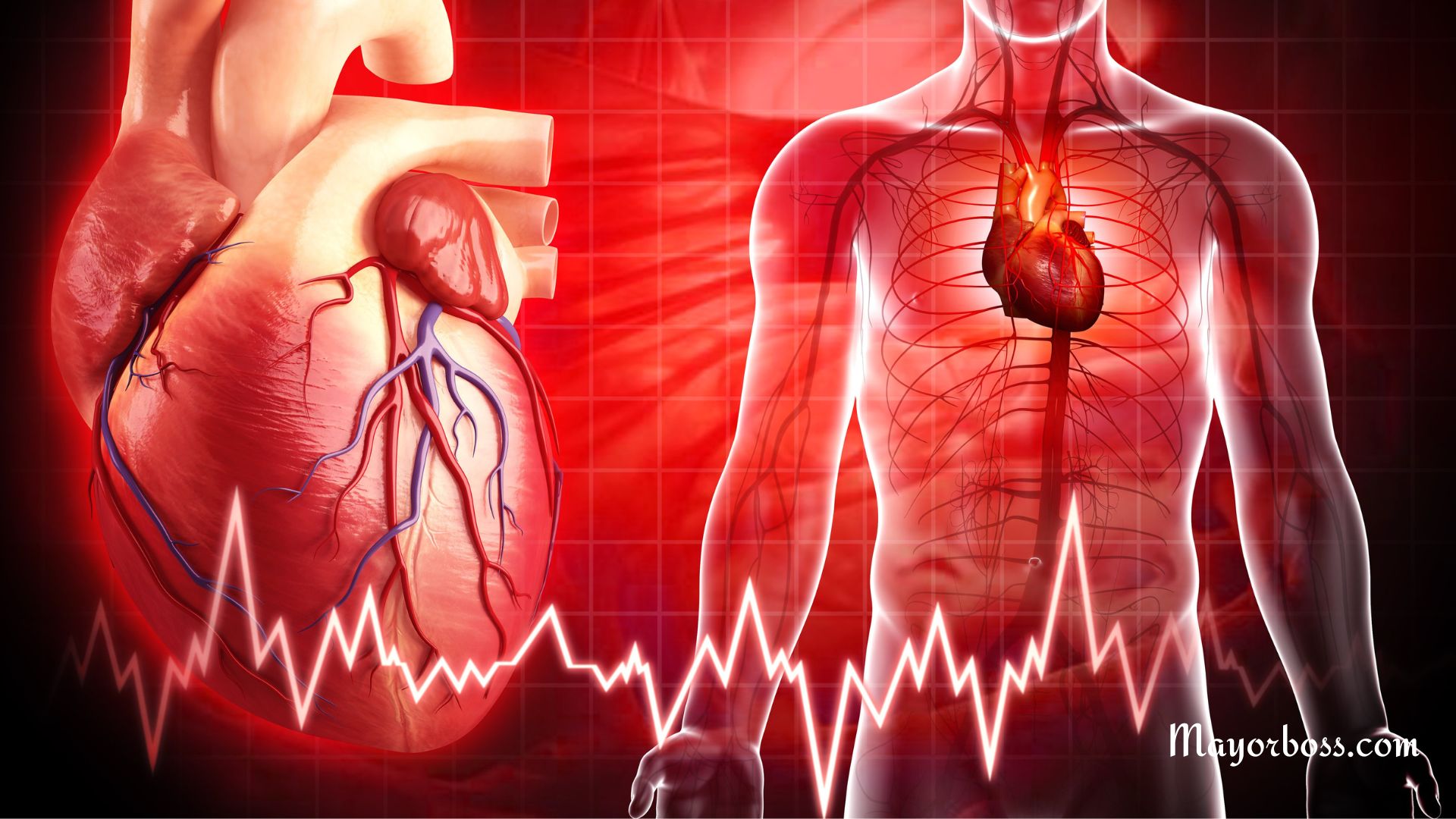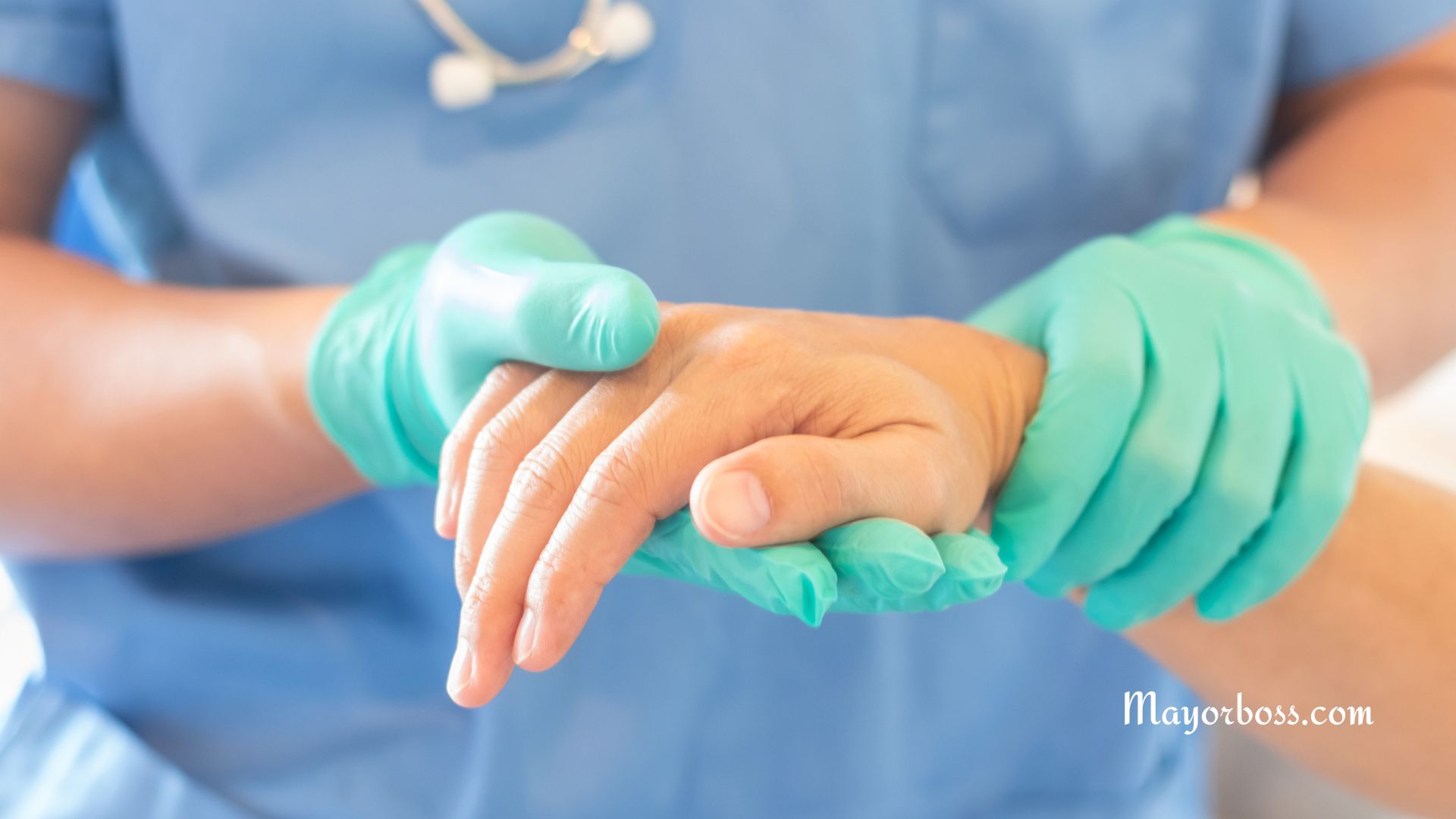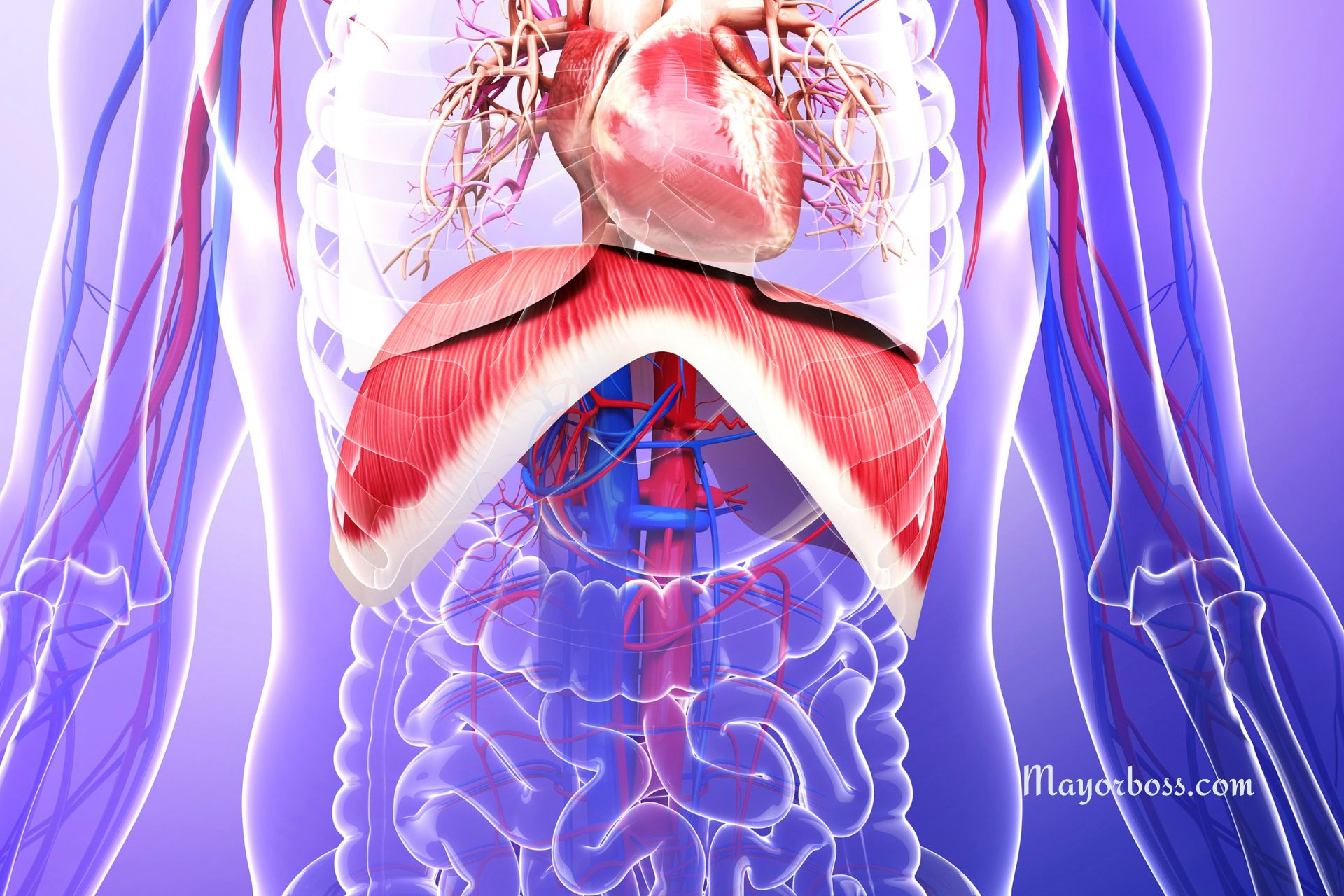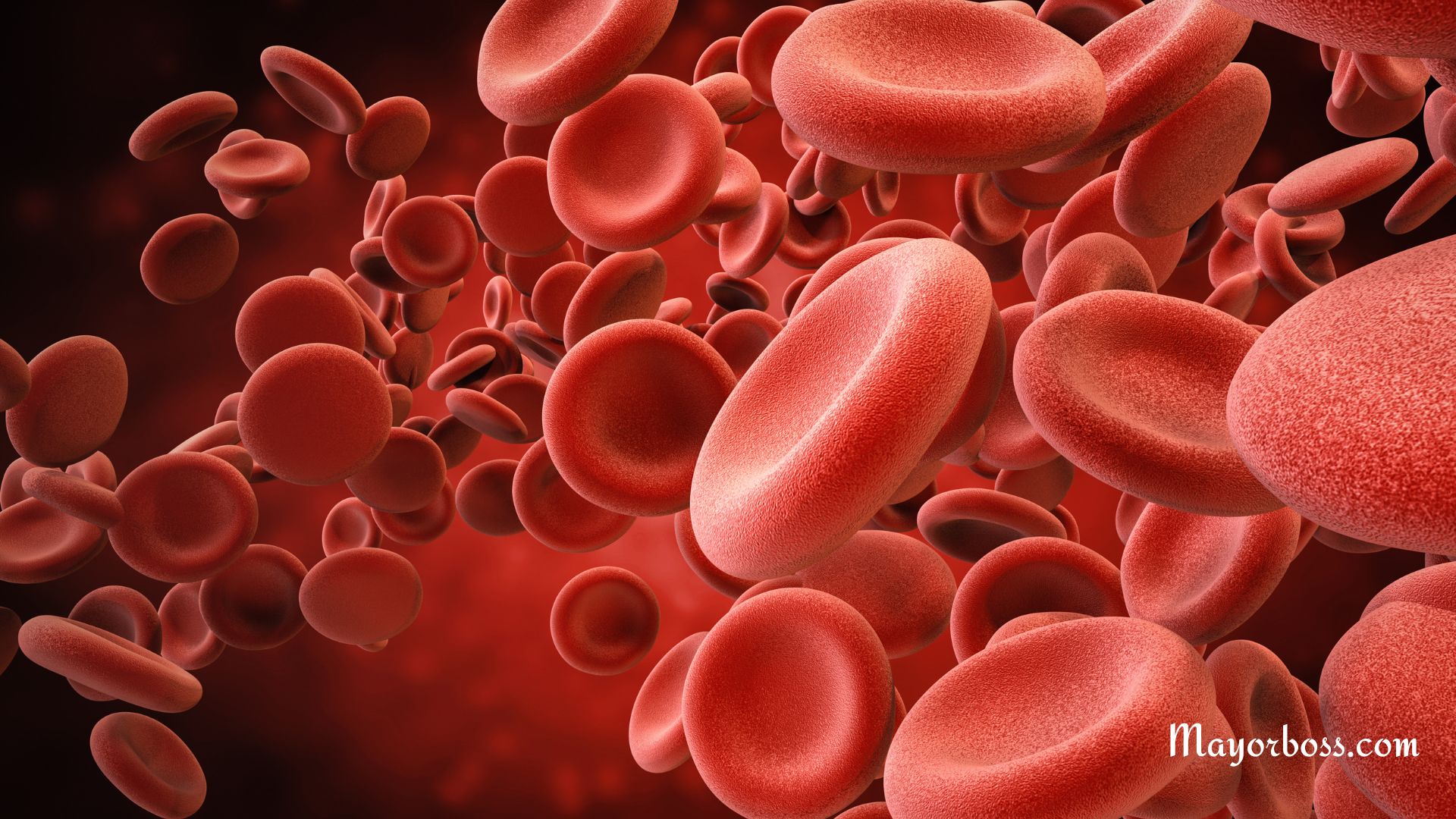What is Digestion?
Digestion is a fascinating and complex process that your body goes through to break down the food you eat into nutrients, which the body can then use for energy, growth, and cell repair. Imagine it like a super-efficient recycling system that takes in all sorts of materials (your food) and sorts, processes, and transforms them into something incredibly useful for building and fueling the body. Let’s break this down into simpler parts to see how this amazing process works from start to finish.
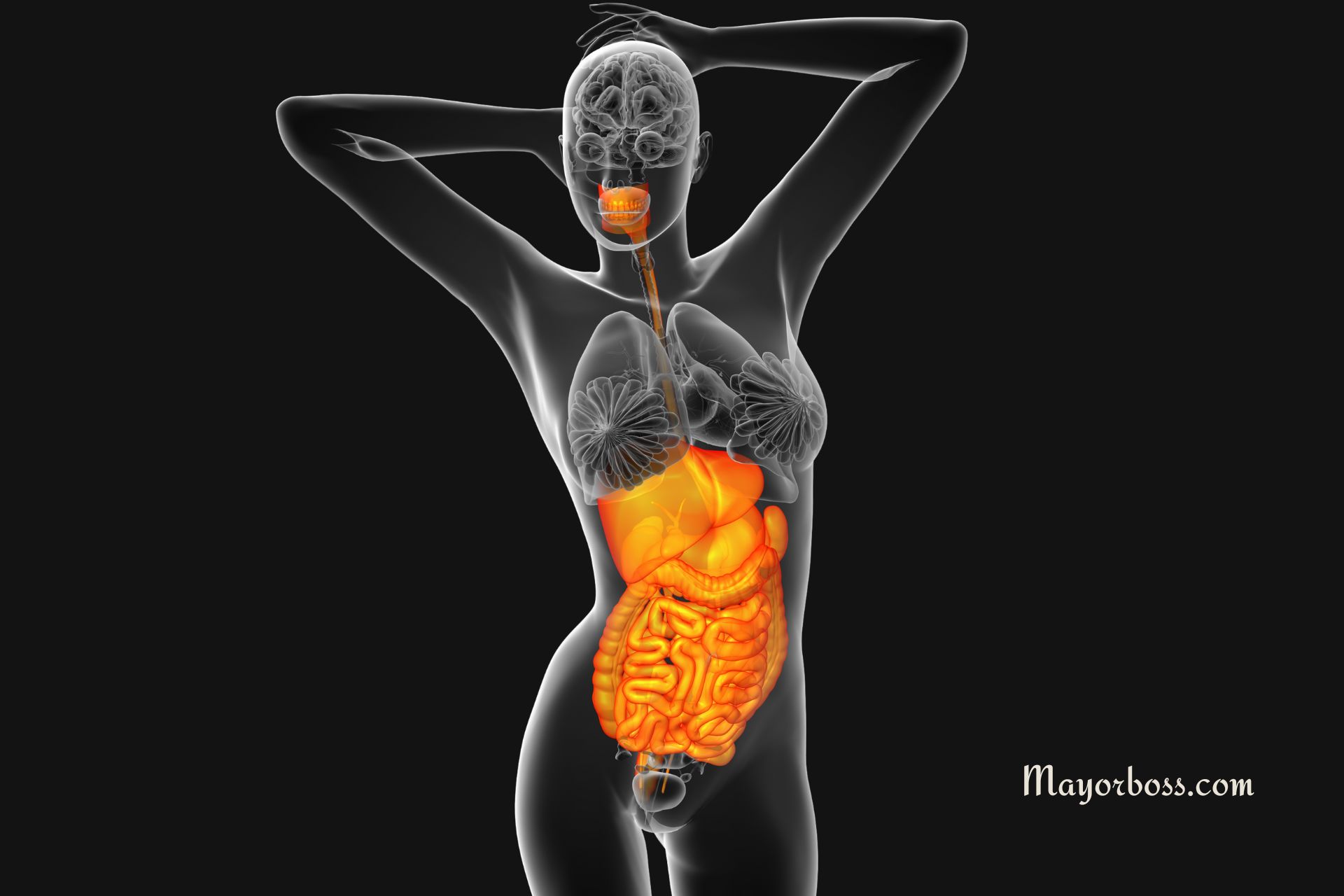
How Does Digestion Work?
When you think about digestion, you might just picture the food traveling through your stomach, but it’s much more intricate than that. Digestion involves several stages and parts of your body, all working together in a well-coordinated effort.
Mouth
The digestive process kicks off in your mouth the moment you take a bite of food. Your teeth and saliva start the breakdown process by chopping food into small pieces and mixing it with saliva. This not only makes the food easier to swallow but also begins the chemical breakdown of carbohydrates.
Esophagus
Once you swallow, the food travels down a tube called the esophagus. Here, a series of muscular contractions called peristalsis pushes the food toward the stomach. It’s like a conveyor belt moving the food along, ensuring it reaches the next stage of the journey.
Stomach
Next up is the stomach, a powerful organ that mixes food with digestive juices. These juices further break down food into a liquid or paste. The stomach’s acids are so strong that they can dissolve some types of metal! But don’t worry. The stomach lining protects itself with a thick layer of mucus.
Small Intestine
After the stomach, the food enters the small intestine, which is the real star of the digestion show. Here, with the help of juices from the liver and pancreas, the breakdown of proteins, fats, and carbohydrates is completed. The walls of the small intestine absorb the nutrients and pass them into the bloodstream, which delivers them to the rest of the body.
Large Intestine
Finally, whatever is left of the food – parts that can’t be digested – moves into the large intestine. Water is absorbed back into the body here, and the remaining waste becomes more solid and is eventually expelled from the body. So, the large intestine is like the recycling center’s last stop, ensuring nothing useful goes to waste.
Rectum
After the large intestine completes its role of absorbing water and transforming the waste into a more solid form, the remaining waste moves into the rectum, the very last part of the digestive system. The rectum acts as a temporary storage area for the feces, holding it until you’re ready to eliminate it from the body through the process of defecation.
This final step is essential because it allows your body to expel undigested food particles and other waste materials, including bacteria and dead cells that have been shed from the lining of the digestive tract. The act of expelling this waste through the anus is the conclusion of the digestive process, ensuring that your body retains only what it needs and discards the rest.
The rectum and the entire process of elimination play a key role in your body’s overall health. They ensure that waste products don’t accumulate in the body, which could lead to toxicity and various health issues. Proper functioning of the rectum and regular bowel movements are indicators of a healthy digestive system.
Why is the Rectum Important?
The rectum’s importance lies in its role in regulating bowel movements, which is crucial for bodily health and comfort. It has specialized muscles that help control the expulsion of feces, ensuring that this process occurs at a socially appropriate time. The health of the rectum and the regularity of bowel movements are often considered indicators of the digestive system’s overall health.
Maintaining a healthy digestive process, from the moment food enters your mouth to the moment waste leaves your body, is vital for your overall well-being. Each part of the digestive system, including the rectum, plays a significant role in this complex and efficient process that sustains life.
So, keeping your digestive system, including the rectum, in good health is key to ensuring that your body can efficiently process the food you eat, absorb essential nutrients, and properly dispose of waste. Regular exercise, a diet high in fiber, and adequate hydration are simple yet effective ways to support the health of your digestive system and promote regular bowel movements.
FAQs
1. How long does digestion take? The entire digestive process can take anywhere from 24 to 72 hours, depending on what you’ve eaten and your own body’s speed at processing food.
2. Can you improve your digestion? Yes, you can improve your digestion by eating a balanced diet rich in fiber, staying hydrated, exercising regularly, and eating your meals in a relaxed setting.
3. Why do I feel tired after eating? Feeling tired after eating, often called a food coma, is normal and happens because your body directs blood toward your digestive system to help with the digestion process. This can temporarily reduce blood flow to other parts of the body, making you feel tired.
Digestion is a critical and fascinating process that ensures your body gets the nutrients it needs to thrive. Every part of the digestive system has a unique role, working tirelessly to transform the food you eat into fuel for your body. Taking care of this intricate system through healthy habits can lead to better overall health and well-being.



